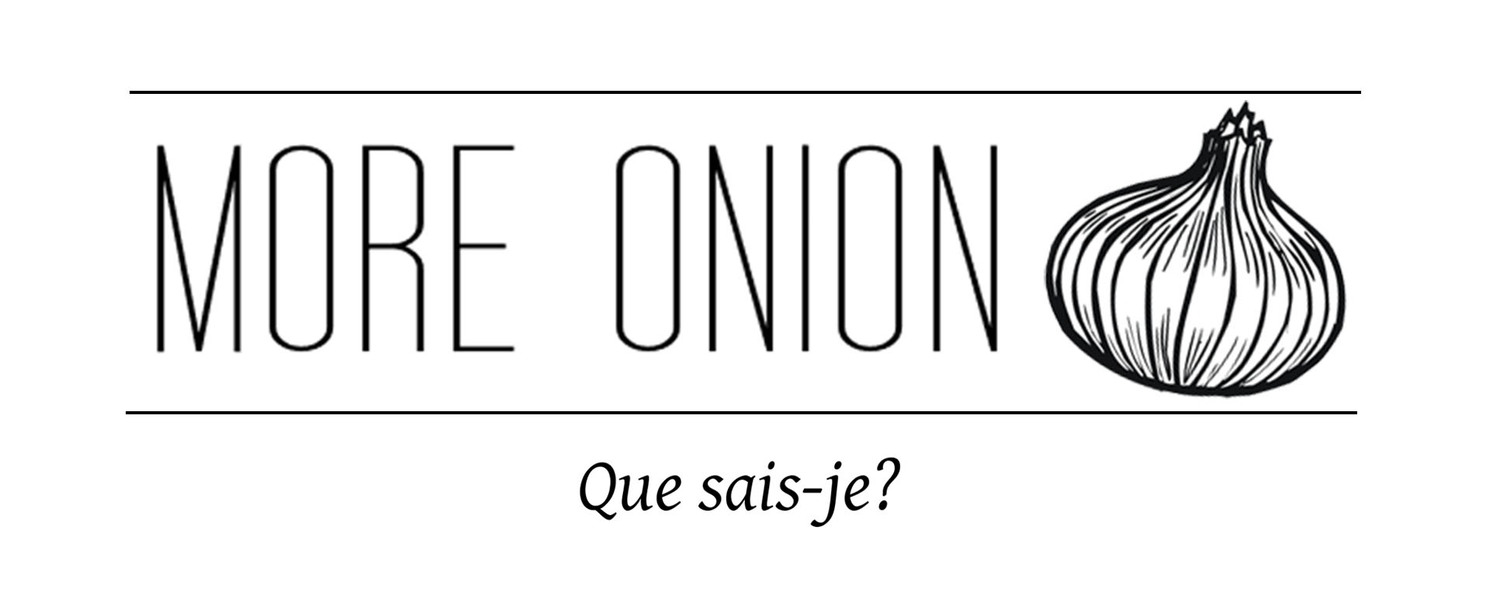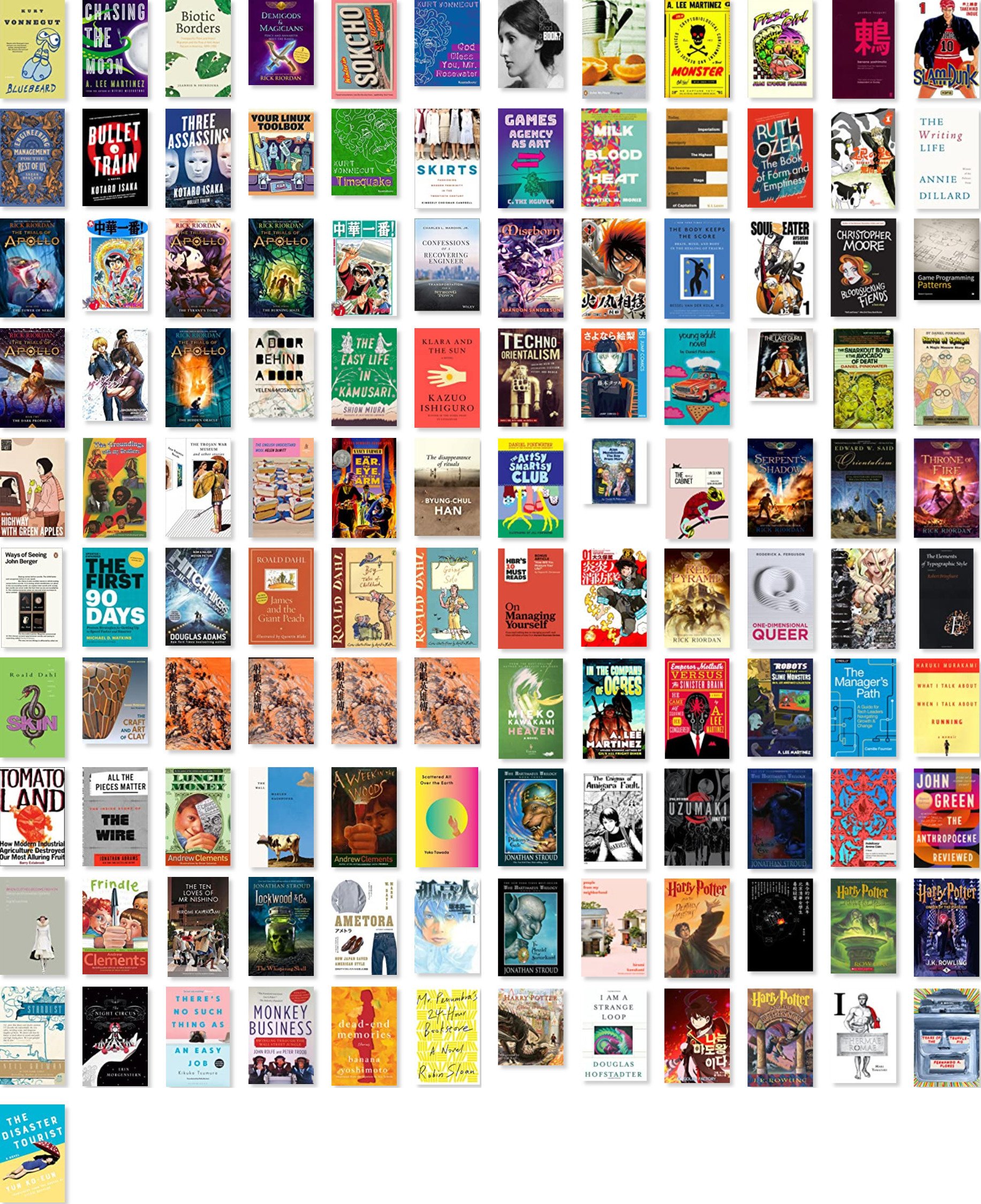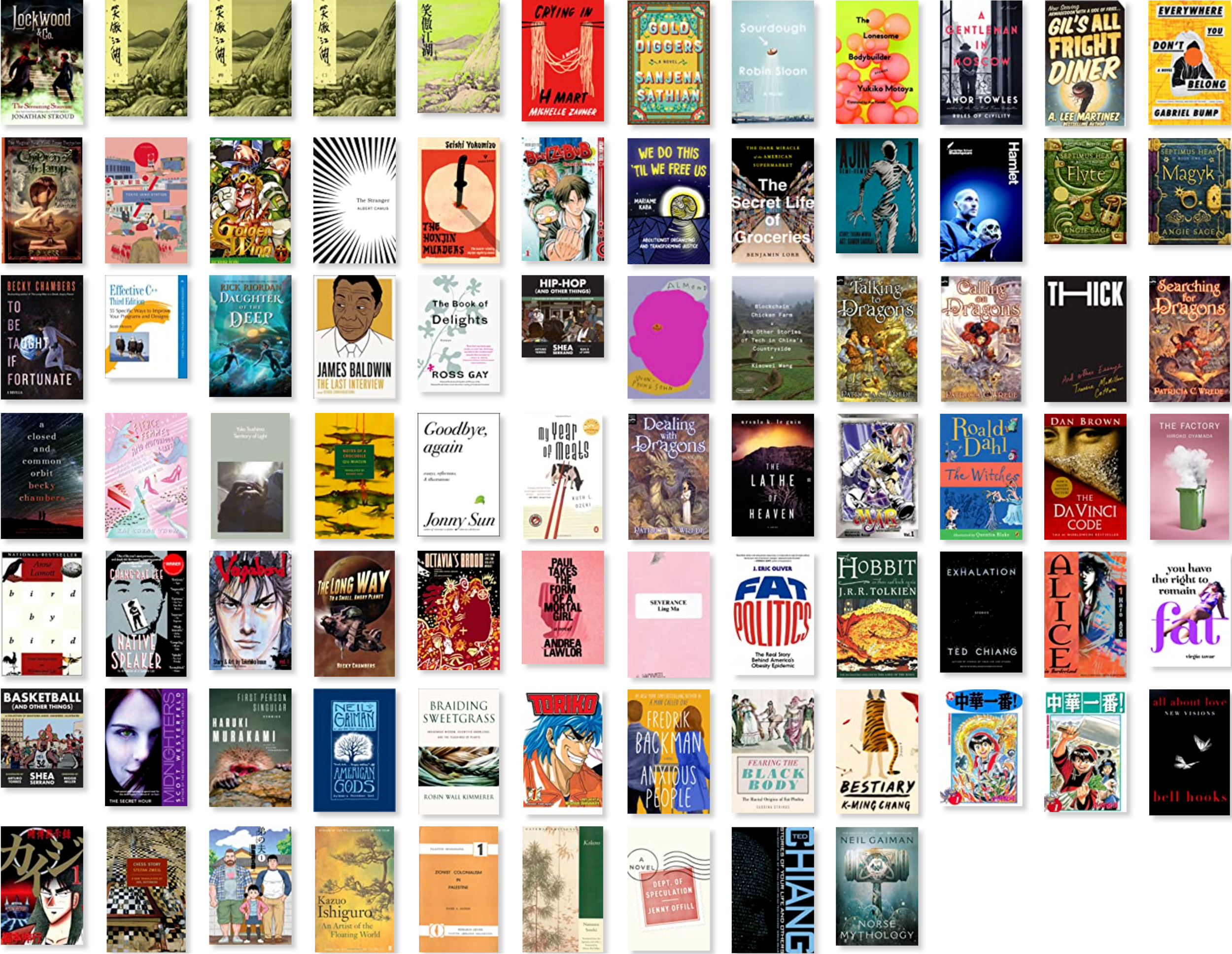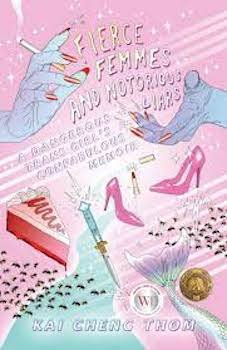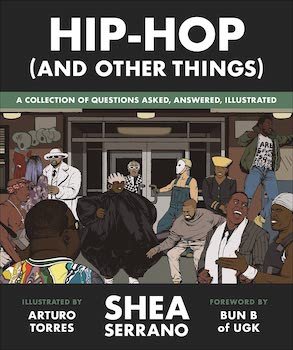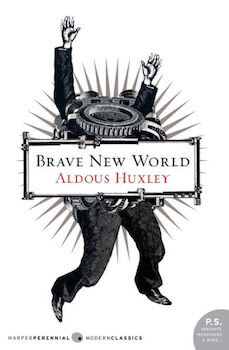Books of 2024
This year I read less than I typically do, 79 books but a big portion in December. Between pottery, personal stuff, and my brief wow addiction I didn’t read very consistently and took lots of breaks, but I still had a lot of fun reading! I especially enjoyed the nonfiction I read this year, and I had a really hard time picking my favorite, because almost everything I read I learned a lot from.
I also started my book review account @wodubooks on instagram at the start of this year, and I’ve been really happy with it. It’s been very fun writing book reviews one at a time. I’ve also been slowly iterating on the format and I think I have landed on something that is enjoyable and isn’t too cumbersome to maintain. I need to think more about my audience and my goals, but in the meantime I have about 20 written / half written reviews that I still need to post, so I will be working on that in January. Please let me know if you have any feedback or suggestions!
Next year I would like to read more consistently, if my energy and time allow it, and I hope to also learn and study Classical Chinese. Also, I wanted to read more great nonfiction last year, which I did this year, but I didn’t read as much fiction that I really liked. Next year I will continue chasing that elusive perfect year of reading.
As always, if you recommended me any books, read anything I recommended, read any of my book reviews, or talked with me about books this year, thank you for your time and attention and respect!
2024 in books:
My favorites of the year:
My favorite fiction this year was In the Distance by Hernan Diaz and The Scholomance Trilogy by Naomi Novik, but if I can pick a book that I’ve already read before then it’s Moshi Moshi by Banana Yoshimoto.
My favorite nonfiction this year was Emergent Tokyo: Designing the Spontaneous City by Jorge Almazán and 台灣菜的文化史:食物消費中的國家體現 by 陳玉箴, although there are many runner ups.
My 27 favorite books this year:
If you are interested in redemption, prison abolition, restorative justice, and in loving through, then read Chain Gang All-Stars by Nana Kwame Adjei-Brenyah.
If you are interested in pleasure or activism, in authenticity and setting boundaries, or in living without shame and with love, then read Pleasure Activism: The Politics of Feeling Good by Adrienne Maree Brown.
If you are interested in a light and funny but comprehensive general history of Taiwan, then read 臺灣史上最有梗的臺灣史 by 黃震南.
If you are interested in a history of tea or in how global capitalism develops and operates, then read Tea War: A History of Capitalism in China and India by Andrew B. Liu.
If you like video games and will enjoy beautiful introspective pieces on the transformative power of video games. then read Critical Hits: Writers Playing Video Games by J. Robert Lennon.
If you are interested in a powerfully and painfully thrilling coming of age novel about truth and courage, or if you liked The Door, also by Szabó, then read Abigail by Magda Szabó.
If you like Tokyo as a city or if you are interested in city planning, then read Emergent Tokyo: Designing the Spontaneous City by Jorge Almazán.
If you are interested in learning more about semiconductors and why they are so important, then read Chip War: The Fight for the World's Most Critical Technology by Chris Miller. A friend thought I was writing a book review about potato chips 😭.
If you are interested in learning the heart sutra or learning more about Buddhism. then read 图说心经 by 玄奘法师.
If you are interested in a super fun trilogy about magic with great characters, even better plot, and even better world building, then read The Scholomance Trilogy by Naomi Novik.
If you are interested in heroes and hometowns (or if you really like Cleveland), then read There's Always This Year: On Basketball and Ascension by Hanif Abdurraqib.
If you like looking at the food in Ghibli movies, then read Dungeon Meshi by Ryoko Kui.
If you have any nostalgia at all for music from the 2000s or if you like reading music / cultural criticism, then read They Can't Kill Us Until They Kill Us by Hanif Abdurraqib.
If you liked the movie Mad Max: Fury Road or if you are interested in the insane story behind an insane movie, then read Blood, Sweat & Chrome: The Wild and True Story of Mad Max: Fury Road by Kyle Buchanan.
If you are interested in a great collection of short stories where Munro again finds the universal in the specific, then read Friend of My Youth: Stories by Alice Munro.
If you are interested in obscenity and believe that bodies are never obscene, or if you would appreciate a story about and by a funny, brave, and very cool artist, then read What Is Obscenity?: The Story of a Good for Nothing Artist and Her Pussy by Rokudenashiko.
If you are interested in Taiwanese food, Taiwanese history, or the way that conceptions of a “national cuisine” are deeply influenced by the concept of a “nation,” then read 台灣菜的文化史:食物消費中的國家體現 by 陳玉箴.
If you are skeptical about the capability of technology to save humanity, then read Cat’s Cradle by Kurt Vonnegut Jr.
If you are looking for a real page turner, or if you enjoy westerns, then read In the Distance by Hernan Diaz.
If you enjoy short stories, like Russian literature, want to learn to read and write better, or are interested in general in how to improve at something, then read A Swim in a Pond in the Rain: In Which Four Russians Give a Master Class on Writing, Reading, and Life by George Saunders.
If you are interested in a good fighting shonen, then read Legend of the Northern Blade by Hae-Min.
If something bad has happened or is happening to you, and you are wondering how you can possibly find a way out and through, or if you are interested in the redemptive power of community, then read Moshi Moshi by Banana Yoshimoto.
If you are interested in ballet, or if you would just enjoy a very knowledgable and passionate person talking about their area of expertise, then read Celestial Bodies: How to Look at Ballet by Laura Jacobs.
If you are in the mood for a super fun and light read showing how fun it is to be a girl, then read Shopaholic Ties the Knot by Sophie Kinsella.
If you have ever felt the fear of wasting your best years on something or someone unworthy of that attention and effort, then read The Remains of the Day by Kazuo Ishiguro.
If you are interested in the different colors of Chinese porcelain, or a history of Chinese porcelain organized by color, then read 瓷之色 by 马未都. Or just look at the pictures!
If you are interested in the role and responsibility of art and artists, the possibility of a solid and substantial world, the weight of art in such a world, the ease in which we deceive or misremember or misconstrue our selves and our past, or in the difficulty of seeing beyond your time, then read An Artist of the Floating World by Kazuo Ishiguro.
